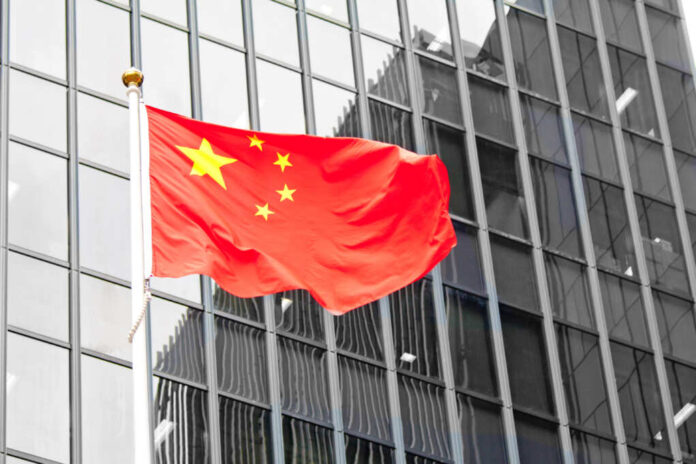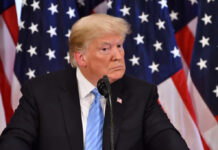
Experts say new steps China has agreed to will eventually reduce the flow of the deadly opioid fentanyl into the U.S. Still, that alone will not stem the overdose crisis killing Americans at a record rate.
President Joe Biden and Chinese President Xi Jinping announced at a meeting in November in California that China is telling its chemical companies to curtail shipments to Latin America and elsewhere of the materials used to produce fentanyl, which is primarily finished in Mexico and then smuggled into the U.S.
Peter Schweizer unveils China's clandestine role, exposing Xi Jinping's influence and nefarious agenda. Join us on LevinTV.https://t.co/46VROnJGq5
— Mark R. Levin (@marklevinshow) March 8, 2024
China also resumed sharing information about suspected trafficking with an international database.
“It’s a step in the right direction because not doing this would be negligent,” said Adam Wandt, an associate professor of public policy at John Jay College of Criminal Justice. “If this is a diplomatic option that we did not take, every fentanyl death over the next decade would be on our heads.”
However, he and others described the steps as necessary in addressing the overdose crisis in the U.S. but not sufficient.
Wandt said the steps should reduce the amount of fentanyl in the U.S., though when that happens depends on how much of the chemicals are already in possession of Mexican cartels. And even if fentanyl is eradicated, he said, “they will switch to another drug, which I predict will be even more lethal.”
Kevin Roy, the chief public policy officer at Shatterproof, a national group dedicated to combating the addiction and overdose crisis, said that the steps announced were crucial. However, they still have to be carried out.
He was also concerned that the nations did not reach any agreements on how to deal with laundering drug money through China, an issue that Rahul Gupta, director of the Office of National Drug Control Policy, identified at a congressional hearing in 2023 as another major problem.
Fentanyl emerged as a widespread problem in the U.S. about a decade ago as there were crackdowns on prescribing opioid painkillers, which were linked to soaring death numbers already.
In the early days, it was shipped mainly from China to the U.S., easily concealed in envelopes and small packages. Fentanyl’s potency makes it appealing to drug suppliers because it’s easy to ship. And because it’s made from chemicals in labs, it doesn’t rely on growing crops for drugs such as heroin, cocaine, or marijuana.
Pushed by former President Donald Trump, China agreed in late 2018 to crack down on shipments of finished fentanyl and some of its precursors. After that, more production moved to Mexico, with the raw materials coming mainly from China.














